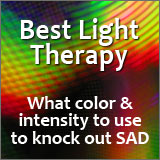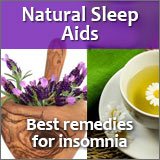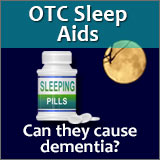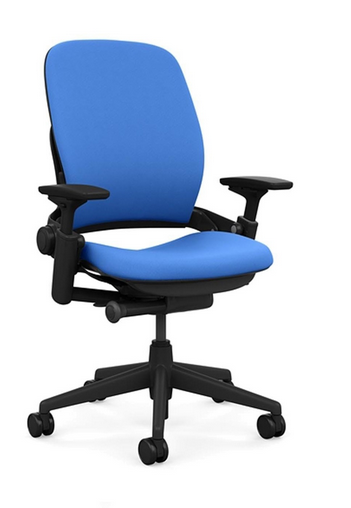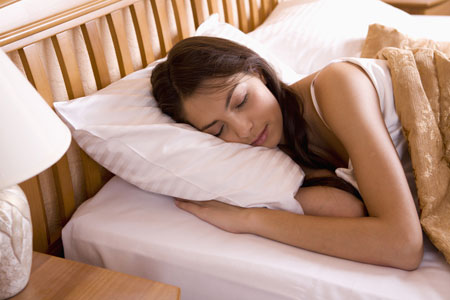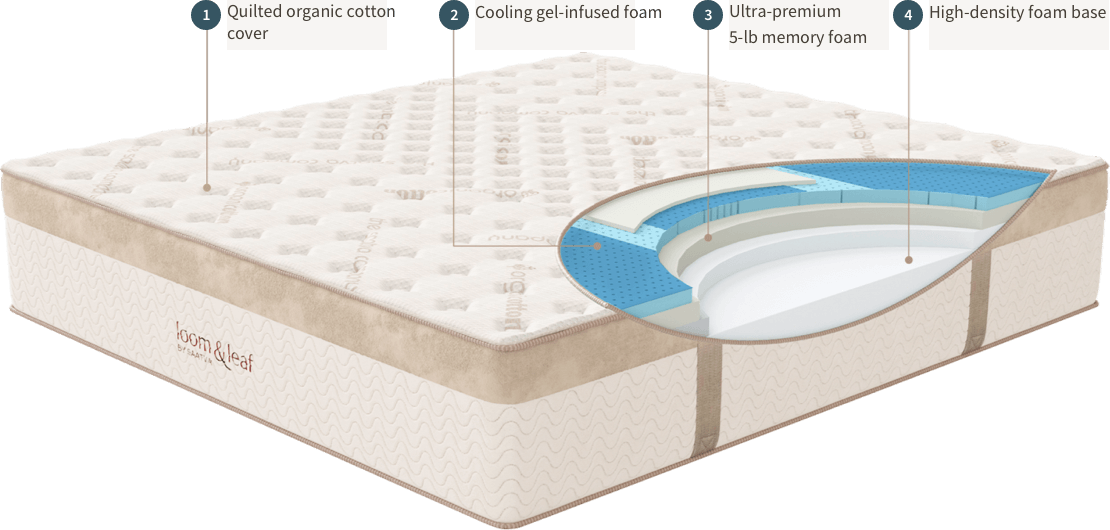16 Dangers of Teen Sleep Deprivation
There are serious consequences to teen sleep deprivation. I'll show you what they are in a moment.
But first, what's causing this epidemic of dangerous sleep deprivation in teens? It has a lot to do with a change in the circadian rhythm, or biological clock, of teens.
Here's what's happening.
Sleep doctors have discovered that as children age and reach their teens, there is a change in their sleep pattern. Hormonal changes, physical growth, and brain development all change the sleep cycles in teens. They now biologically prefer going to bed later in the evening.
Prior to adolescence, children become sleepy at 8 or 9 o'clock. But teens may not experience sleepiness until 11 o'clock or even later.
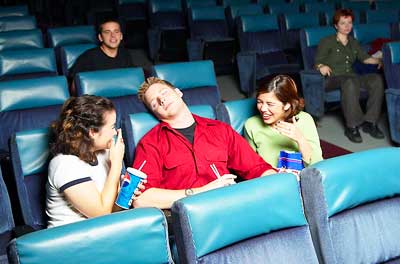
Teen Sleep: How Many Hours Do Teens Need?
Sleep experts Amy Wolfson and Mary Carskadon have shown in their teen sleep deprivation studies that teens need about 9 hours sleep each night...many teens need up to 10 hours.
Most teens aren't getting anywhere near this.
The National Sleep Foundation estimates that only 15% of teens get that much sleep and 25% get less than seven hours a night.
The consequences? Take a look at the following list...
Effects of Teen Sleep Deprivation
- Traffic accidents. Did
you know that over 80,000 people in America fall asleep while
driving...every day?! And according to studies, over 50% of those people
are teenage drivers.
- Excessive sleepiness during the daytime. In a study in Pediatrics (June 2009), 33% of teens reported falling asleep in school.
- Increased stress.
Teens have a lot going on in their lives. Homework, after school jobs,
keeping up with gossip with friends, and after school activities. The
more they take on, the more sleep they cut out. The more sleep they cut
out, the sleepier they get. This has profound consequences on physical
health, especially with the immune system. Teens risk getting sick. Not a
good thing any time of year but especially during flu season.
- High blood pressure (hypertension).
In a study published in the science journal Circulation (August 19,
2008), senior study author Dr. Susan Redline reports that teens who do
not get enough sleep––or do not sleep well––have a greater risk for
hypertension. In fact, one in seven of the teens in the study either had
high blood pressure or were in the prehypertension stage. Hypertension
is a major gateway to heart disease.
Click the following blue links for more information on the effects of sleep deprivation on high blood pressure ...and for more information on a hypertension diet (where you can also get a great free 64-page guide on lowering blood pressure with various foods). - Decreased memory and ability to learn. These effects of sleep deprivation definitely don't help those students hoping to get accepted to the best colleges.
- ADHD: The effects of sleep deprivation in teens may also be associated with adhd symptoms (attention deficit hyperactivity disorder).
- Lack of control: Sleep deprived teens appear to have a more difficult time controlling their emotions.
Teens also experience
(click here for 16 Dangers of Teen Sleep Deprivation Part 2)
for more serious dangers you must know about...
Or Continue Reading These Helpful Articles
Teenage Sleep: 8 Steps to Restful Nights Part 1
Teenage Sleep: 8 Steps to Restful Nights Part 2
Extreme Teen Night Owls: Delayed Sleep Phase Syndrome
Sleep Experts Sound the Alarm: "Get Some Sleep Teens!"
Return from Teen Sleep Deprivation to Sleep Passport Home Page



